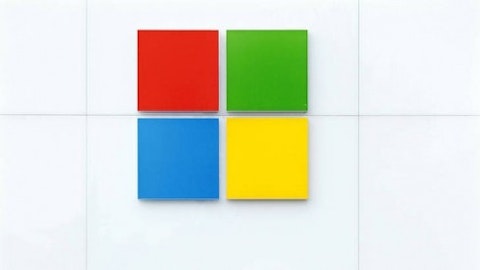For a long-term investor, dividends are critically important. Even during periods when the market is flat, receiving dividends and reinvesting them can lead to solid results. The best dividend stocks are those that not only pay a high yield but also have the ability to significantly raise the dividend over time to create an ever-growing stream of income for the investor. Here’s a look at two great dividend-paying companies that should be increasing their dividends before the end of the year.
Moving money, paying dividends
Money transfer giant The Western Union Company (NYSE:WU) has been around since 1851, beginning its long history as a telegraph operator. Spun off from First Data in 2006, The Western Union Company (NYSE:WU) is now a leading player in the money transfer industry with over $5.5 billion in annual revenue.

Since its spin-off, The Western Union Company (NYSE:WU) has substantially increased its dividend in every year except 2008. The last increase, occurring at the end of 2012, was a 25% hike. The dividend yield is now 2.77%, based on the most recent payment.
What makes Western Union so enticing as a dividend stock is the fact that the dividend payment only takes up a small portion of the company’s profits. In 2012, dividend payments were just a quarter of earnings, leaving a long runway for future dividend growth.
Since The Western Union Company (NYSE:WU) last increased its dividend in December of last year, I expect the next dividend increase to be announced sometime in October with a payment following in December. Given the low payout ratio, the company can easily afford to boost the dividend by 20%, which would bring the yield up to about 3.33% based on the current price.
Future growth for The Western Union Company (NYSE:WU) will come from its online business, which is growing at double-digit rates. While it currently doesn’t make up much of the company’s revenue, in a few years, it should be fairly significant. The success of its online business makes competitors like upstart Xoom seem far less threatening, and the idea that Western Union will fade away because of competition if vastly overdone. The dividend is safe, and I expect serious growth in the future.
A murky short-term outlook
Chip maker Intel Corporation (NASDAQ:INTC) has had a rough go of it as of late. While companies like Qualcomm were taking advantage of the booming mobile chip market, Intel Corporation (NASDAQ:INTC) was unable to capitalize on the shift to mobile. The declining PC market and heavy investments are currently pressuring Intel’s profits, making its short-term outlook murky at best.
Intel Corporation (NASDAQ:INTC)’s dividend yield currently sits at about 3.9%, one of the highest in the tech sector. The high yield is partially due to weakness in the stock, off from a high of $28 per share in 2012. Uncertainty regarding PCs as well as slow progress in the mobile market were the main drivers of this decline.
In 2012, Intel Corporation (NASDAQ:INTC) earned $2.13 per share and paid out about 41% of its earnings in dividends. EPS was down in 2012 by about 11%, and earnings declines could very well continue for the next few years. While there’s certainly room to expand the payout ratio, falling earnings may threaten near-term dividend increases.
Intel has strayed from its dividend schedule of the past few years by not raising the dividend in July, making for five quarters in a row without a dividend increase. There’s one dividend payment left this year, payable in December, and for Intel to continue its streak of annual dividend increases, this payment must be increased, too. I think we’ll see a small uptick, but long-term dividend growth should be more impressive.
While many seem to be leaving Intel for dead, there is substantial progress being made at the company. The Haswell line of processors were released earlier this year, offering massively improved battery life, and the next-gen Surface tablet from Microsoft is rumored to contain a Haswell chip. New Atom processors, Intel Corporation (NASDAQ:INTC)’s low-power chips, will begin showing up in devices this year, and the company recently stated that Intel-based Android tablets will cost as little as $100.
Intel also recently introduced the Quark SoC, or system on a chip. Quark is one-fifth the size of the Atom processors and will be aimed at markets that traditionally use embedded microprocessors. Applications could range from smart watches to industrial products, and the possibilities are nearly limitless.
It may take some time for these new initiatives to balance the decline in PCs, but Intel Corporation (NASDAQ:INTC) is in a good position going forward. The dividend is perfectly safe, and although short-term growth may be unimpressive, the long-term picture looks a lot better. And a near-4% yield is nice as well.
The bottom line
I expect we’ll be seeing dividend increases from both of these companies before the end of the year. The Western Union Company (NYSE:WU) should raise its dividend significantly, maybe as much as 20%, while Intel will likely opt for a small raise because of short-term issues. In the long term, both are excellent dividend growth picks, and I expect continued dividend growth for years to come.
The article 2 Great Dividend Stocks That Should Raise Payouts Soon originally appeared on Fool.com and is written by Timothy Green.
Timothy Green owns shares of Western Union. The Motley Fool recommends Intel and Western Union. The Motley Fool owns shares of Intel and Microsoft.
Copyright © 1995 – 2013 The Motley Fool, LLC. All rights reserved. The Motley Fool has a disclosure policy.




